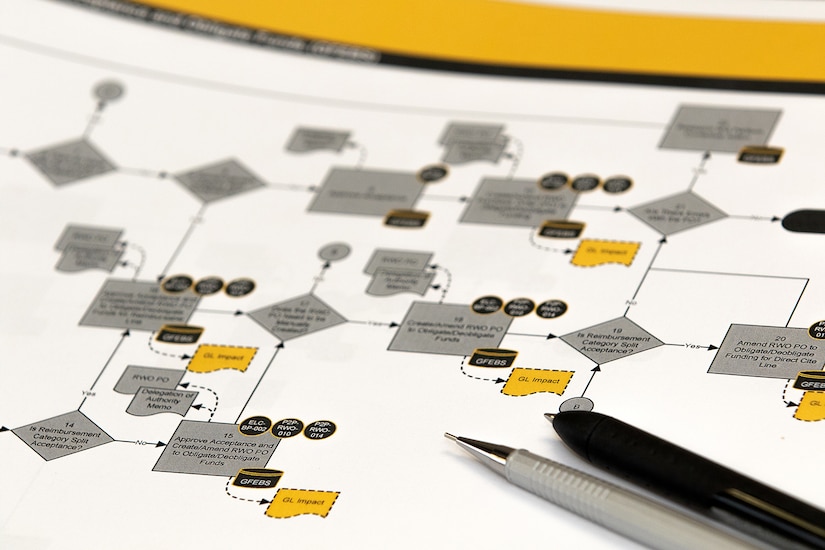U.S. International Development Finance Corporation

Td Auto Finance
That subject with market hours vs unpredictable hours also implies that the stress in each position is way totally different as properly. In banking (and PE, when you’re engaged on a huge deal) the stress is of the “Crap, one thing on this deal is falling apart and so they need me to repair it ASAP even when it’s Saturday night time at 10 PM… VP is emailing me to get into the office” kind. In Public Markets roles, work doesn’t follow you outdoors the office as much - but when you’re at the office, there’s little or no downtime compared to what you'd see in a Deals role. Traders, for instance, need to look at their positions every second of the day and should discover another person to cowl them in the event that they go away for even a couple of minutes to run to the bathroom. If you’re working at an extended-only asset administration agency, it will not be quite that demanding however you still want to watch the markets carefully and also you can’t afford to screw around throughout market hours.
If you're new here, please click here to get my FREE 57-page investment banking recruiting information - plus, get weekly updates so that you could break into investment banking. “Buy-facet vs promote-aspect? That’s not even a query! “So when’s your interview? Ah, sure: that basic debate about the purchase-aspect vs sell-aspect. Although the dialog above is fictional, comparable exchanges are taking place in cubicles internationally as you read this. You hear concerning the purchase-facet vs sell-side distinction in every single place, whether or not you search online, browse through you message boards, or even (gasp) discuss to individuals in real life. The only drawback is that “buy-facet vs promote-side” is the worst solution to categorize financial services firms. “On the promote-side, you pitch merchandise comparable to stocks, bonds, or complete firms within the case of M&A, and you persuade investors to purchase them. If Ari Gold is the sell-facet, Dana Gordon is the purchase-facet.
Ah, now we get to the fun half.
I’ve always discovered “Deals” work more fascinating because there’s a unique story and completely different scenario every time, whereas (to me) the markets all mix collectively after a degree. But your mileage will differ and there’s no correct answer right here. Ah, now we get to the fun half. The typical pay on the buy-aspect vs sell-facet will not be that much completely different, however the ceiling on the buy-side is much greater. So, that is the only level where the buy-aspect vs sell-facet distinction makes more of a difference than the Deals vs Public Markets one: sure, my argument falls apart here (shh, don’t inform anybody). The ceiling on the buy-side is way increased as a result of in the event you invest effectively, the sky’s the restrict. For instance, prime hedge fund managers could make a whole lot of tens of millions and even billions in a fantastic yr. On the promote-facet, in the meantime, the ceiling is far decrease for Partners and Managing Directors. Irrespective of how good you're, you will have a limited period of time and you'll only achieve this many deals or sell so many stocks in a day.
Public Markets: Your life is more predictable because you're employed market hours. You might need to get in earlier than the market opens and stay after the market closes, but it’s not like IB the place you might get referred to as in at 2 AM to repair a random drawback that a client is complaining about. Typically, you'll work extra if you’re on the “Deals” facet - sure, hours may be better in PE than in investment banking, however you’ll nonetheless work extra per week on average than you would on the “Public Markets” facet due to this unpredictability. Most Public Markets jobs clock in on the 50-60 hour per week vary - while some Deals roles may even be in that vary, the average tends to be a bit larger, or lots higher in the case of investment banking hours. The scale of your firm usually impacts the hours greater than the work itself. Taking hedge funds for instance, folks usually declare that the hours are “good,” but at the most important funds you’ll still be working so much even if it’s a Public Markets role on paper. Article has be en gen er ated with the help of G SA Content Gen erator Demoversi on !

